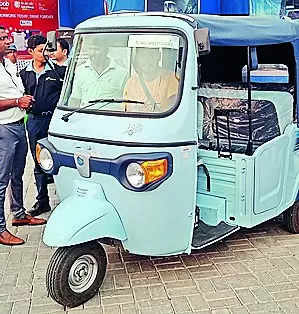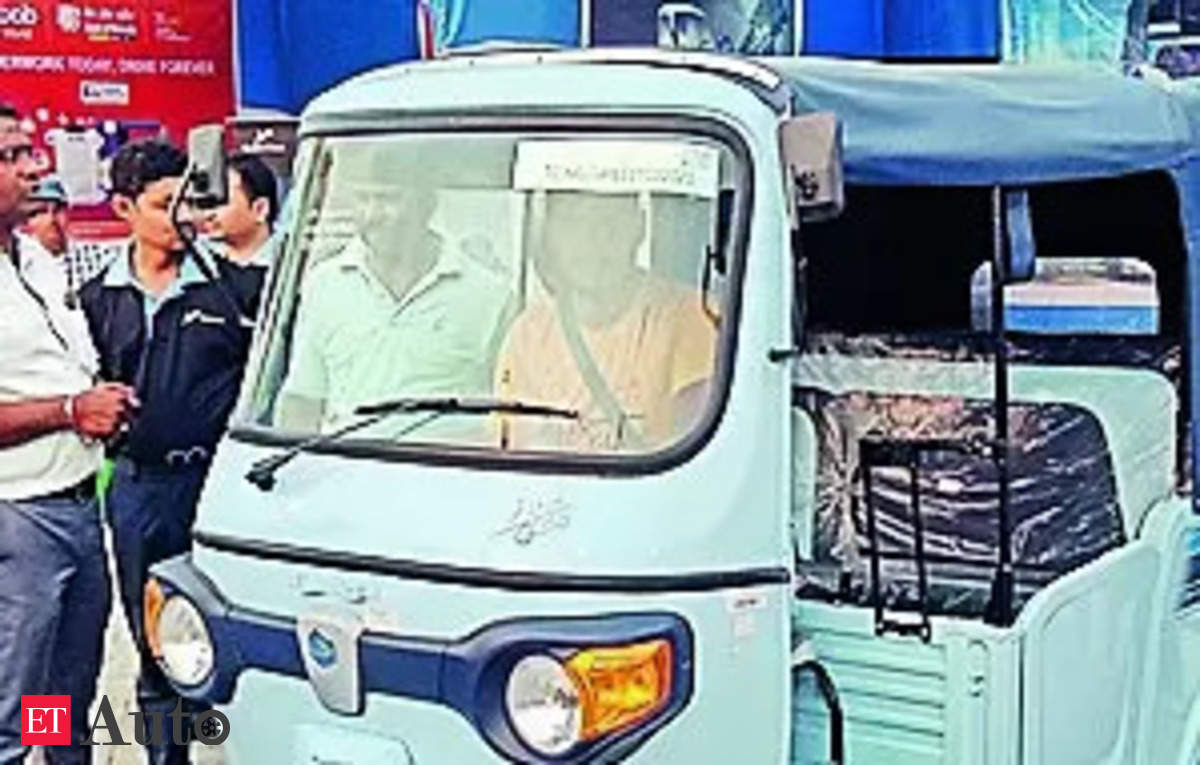
New Delhi: Three out of five auto rickshaw operators in the Kolkata city are willing to shift to clean energy, if aided with appropriate vehicles and subsidy, besides quick disbursal of loans, revealed a study conducted by an organisation. The findings of the study titled—‘Auto Driver’s Willingness to Shift to Electric Vehicles’—were highlighted at a round table discussion that had brought together a diverse array of stakeholders, including representatives from various auto unions, government agencies, and mobility experts. The study also cited that 68% of willing auto drivers had some awareness on electric auto rickshaws. The event was organised by SwitchOn Foundation—which has also conducted the study—with Jadavpur-Ranikuthi-Tollygunge Auto Union.Surajit Majumder, secretary of the Jadavpur-Ranikuthi-Tollygunge Auto Union, said: “We are now more aware of the subsidies and government policies in place for electric vehicles (EVs). We acknowledge that it will not only reduce our operational costs but also contribute to a cleaner environment.”
Transportation, a major contributor to air pollution in the city, was the focus of the discussion. Stakeholders collectively stressed the importance of promoting clean transport and transitioning from traditional petrol and LPG vehicles to electric autos for a sustainable future. The study had analyzed the perspectives of about 164 auto rickshaw drivers, regarding the transition from CNG auto rickshaws to zero-emission technology. LPG autos in the city—which were introduced in 2008-2009—will turn 15-year-old after Durga puja and have to be scrapped, providing the perfect opportunity for the shift to electric alternatives.
Kolkata, a city with a relatively low number of EVs, has only 5,895 petrol hybrids, 4,254 diesel hybrids, 35,999 e-rickshaws, 1,240 2-wheelers, 93 4-wheelers, 93 buses, and 24 trucks, according to the Electric Vehicle Policy of 2021.









